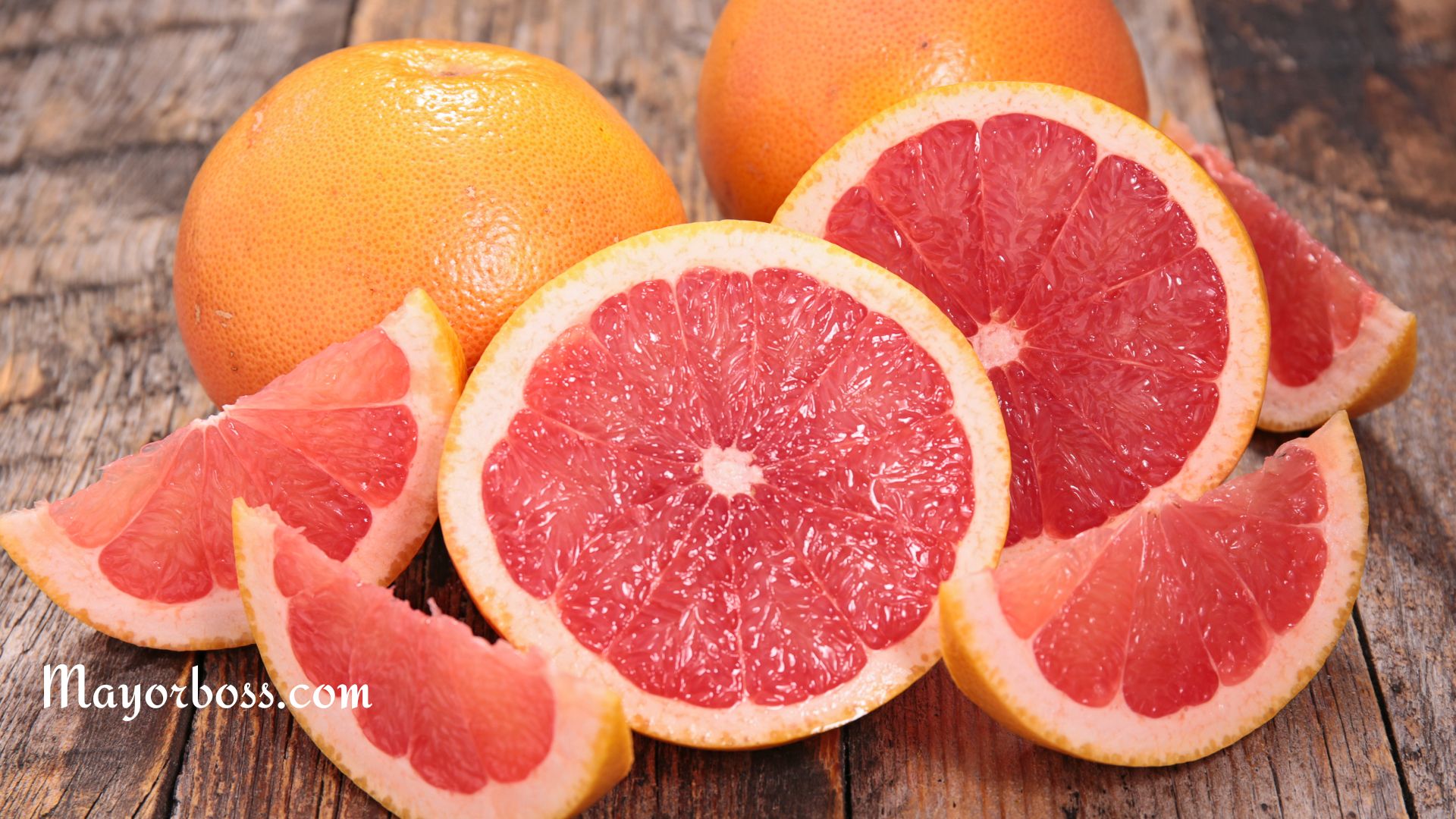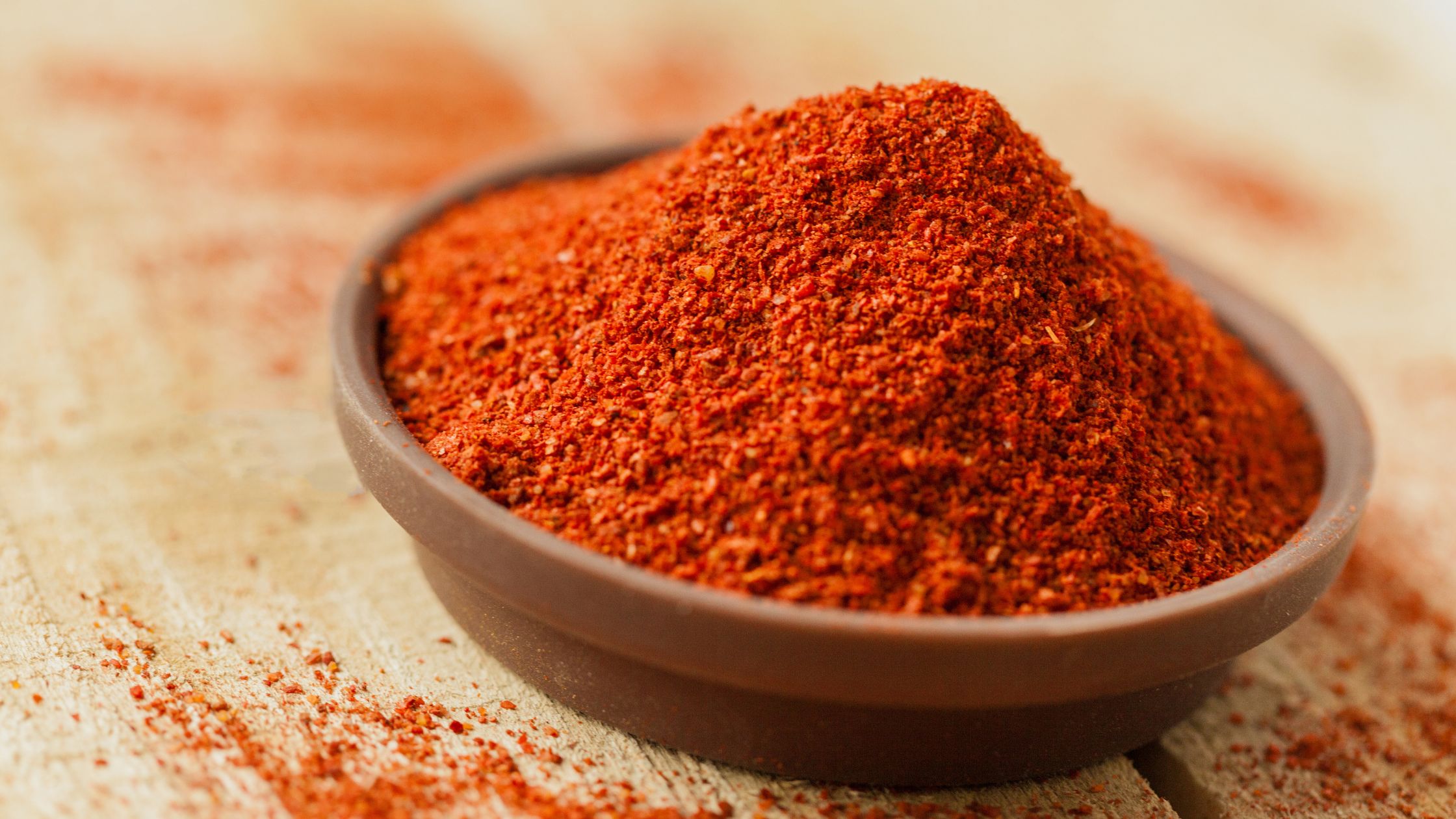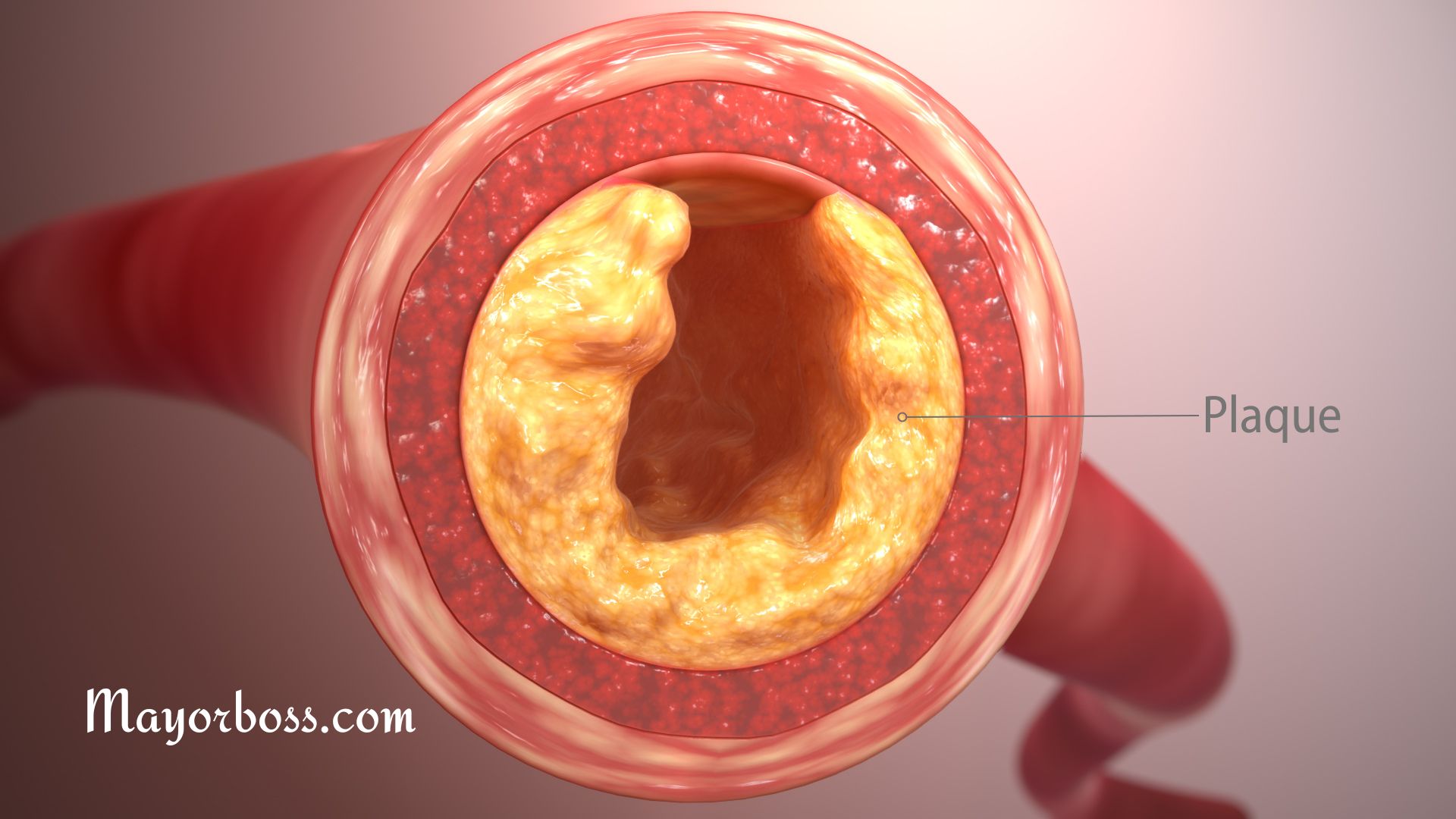Top 10 Foods Rich in Iodine
Iodine is an essential mineral that the body needs to function properly. It’s mainly found in the thyroid gland, where it’s used to produce thyroid hormones. These hormones are responsible for regulating metabolism, growth, and development. Iodine is found naturally in some foods and added to others. It’s also available in supplement form. This article list the top iodine-rich foods.
Foods Rich in Iodine
1. Seaweed
Seaweed, such as kombu kelp, nori, and wakame, is by far the best source of iodine. Just one gram of Kombu kelp can provide up to as much as 2,984 micrograms of iodine — that’s over 2,000% of the reference daily intake (RDI). What’s more, seaweed contains other nutrients that are important for thyroid health, such as selenium and omega-3 fatty acids. However, keep in mind that seaweed can also be very high in sodium, so it may not be suitable for people on a low-sodium diet.
2. Iodized salt
Iodized salt is the best source of iodine. Just one gram of iodized salt contains 47% of the recommended daily value for iodine. That’s just 1/4 teaspoon. So if you’re using iodized salt for seasoning your food, you’re probably getting enough iodine. Just be careful not to overdo it with salt since too much sodium can lead to high blood pressure and other health problems.
3. Shrimp
Shrimp is another excellent source of iodine. 3 ounces of shrimp contain 23% of the recommended daily value for iodine. Shrimp is also a good source of protein and other nutrients, making it a healthy addition to any diet
4. Cod Fish
Codfish is rich in iodine, with a 3-ounce (85-gram) serving to provide 99% of the Reference Daily Intake (RDI). Fish that live in saltwater tend to be good sources of iodine. This is because they absorb iodine from the water they swim in. As codfish are often consumed with their skin intact, you’ll benefit from their high selenium content as well — just 3 ounces (85 grams) provide 57% of the RDI.
5. Yogurt
Yogurt is another good source of iodine. A cup (245 grams) of plain, nonfat yogurt provides around 75% of the RDI for iodine. This fermented dairy product is also a good source of calcium, vitamin B12, and potassium. Not to mention, yogurt contains probiotic bacteria that can enhance your gut microbiota.
6. Eggs
Eggs are a decent source of iodine, with one large egg providing around 16% of the RDI. They’re also an excellent source of protein, vitamins B12 and D, selenium, as well as omega-3 fatty acids.
7. Milk
Milk is a beverage that’s often fortified with iodine since it’s one of the main dietary sources for this mineral. One cup (244 grams) of 1% milk provides around 37% of the RDI for iodine. Milk is also an excellent source of protein and calcium.
8. Potatoes
Potatoes are a significant source of iodine, with one large potato providing around 28% of the RDI. However, most of the iodine is contained in the skin, so be sure not to peel your potatoes before eating them. Boiling or baking with its skin is the healthiest way to cook potatoes and maximize their iodine content.
9. Prunes
Prunes are packed with iodine. Just one-half cup of prunes contains 20% of the recommended daily value for iodine. Prunes are also a good source of fiber and other nutrients
10. Lima Beans
Lima beans are a good plant-based source of iodine. One cup of cooked lima beans contains 10% of the recommended daily value for iodine.
How much iodine do I need?
The amount of iodine you need depends on your age and stage of life. The recommended daily amount of iodine for adults is 150 micrograms (mcg). However, pregnant women need more iodine than other adults because it helps support the baby’s growth and development. They need 220 mcg a day during pregnancy and 290 mcg a day while breastfeeding.
What are the benefits of iodine?
Iodine plays an important role in regulating metabolism and growth. It’s also necessary for the production of thyroid hormones which help support a healthy pregnancy. Getting enough iodine can help prevent goiter, mental retardation, and cretinism.
What are the signs of an iodine deficiency?
The most common sign of an iodine deficiency is an enlarged thyroid gland (goiter). Other possible symptoms include fatigue, weakness, weight gain, dry skin, and hair loss. In severe cases, an iodine deficiency can lead to intellectual disability and hearing loss in babies born to mothers who were deficient during pregnancy.
LEARN MORE: 10 Signs Your Body Needs Iodine
Should I take an iodine supplement?
If you don’t eat seafood or dairy products regularly or if you don’t think you’re getting enough iodine from the foods you eat, you may want to consider taking an iodine supplement. Talk to your healthcare provider first, though, as too much iodine can lead to thyroid problems.
Can I overdose on iodine?
Yes, it is possible to overdose on iodine. The symptoms of an iodine overdose include stomach pain, diarrhea, metallic taste in the mouth, coughing, feeling confused or irritable, and bleeding from the nose or gums. If you think you might have overdosed on iodine, call your local poison control center or go to the emergency room right away.






